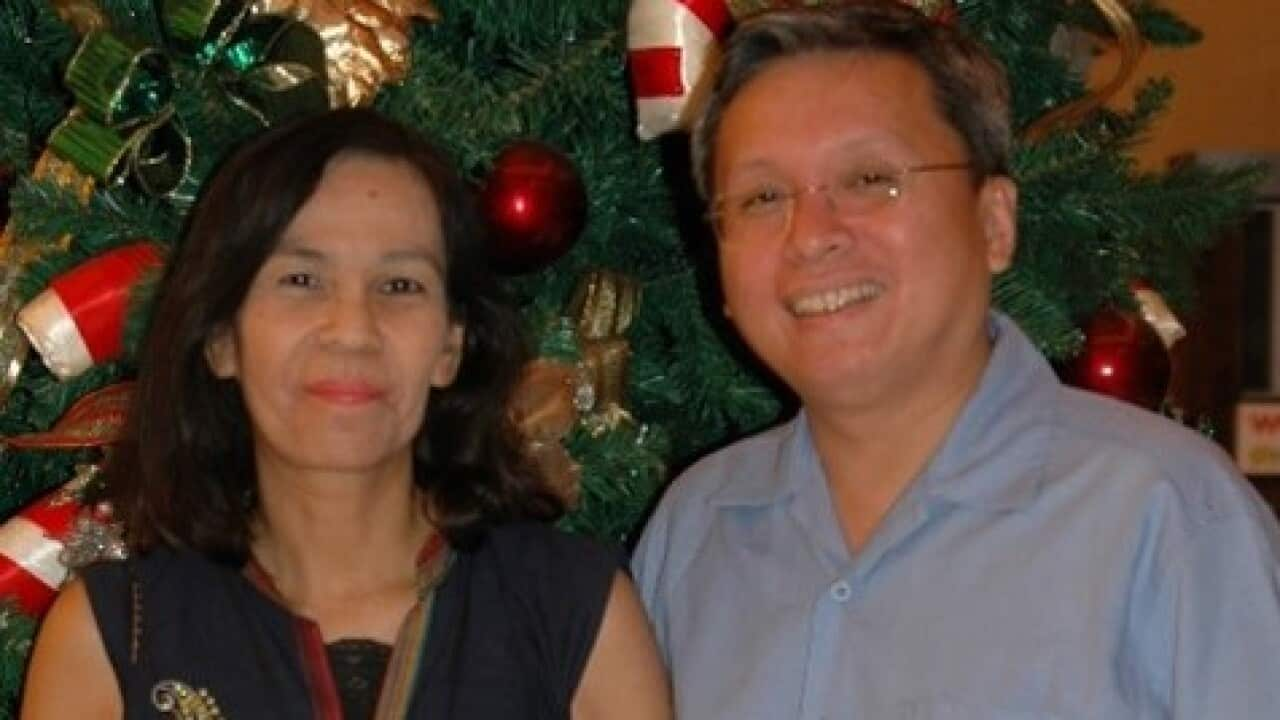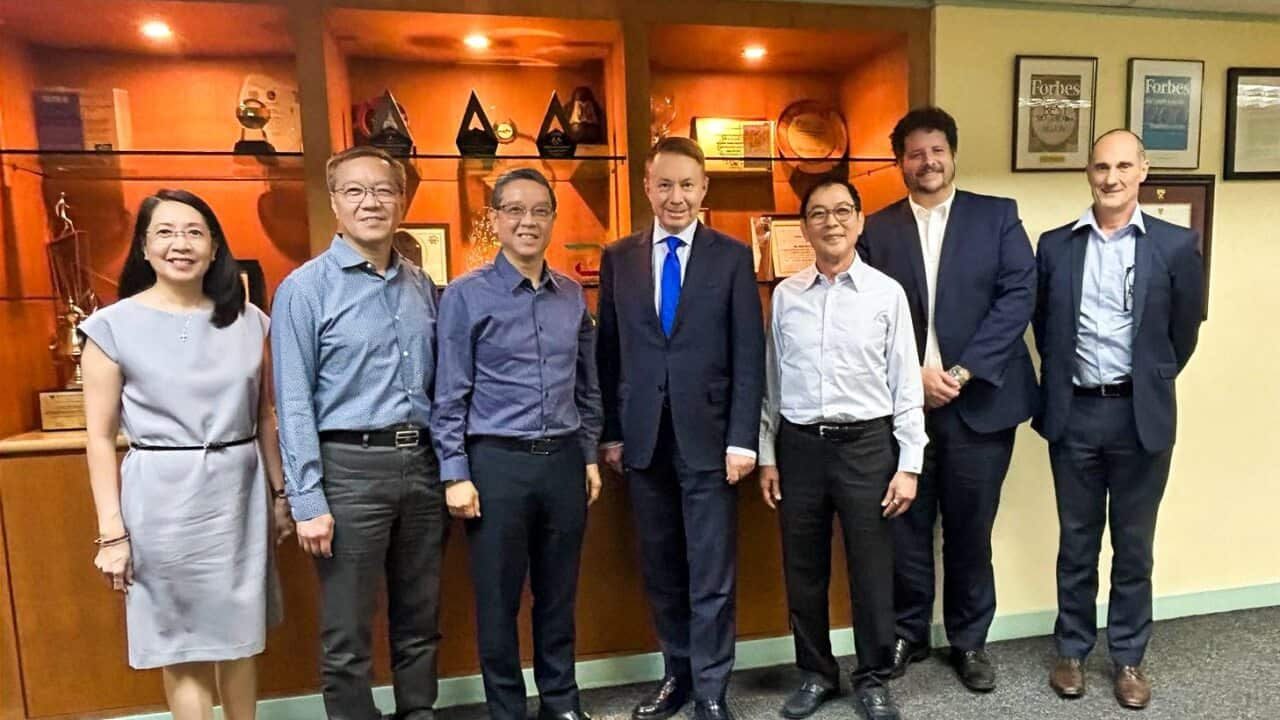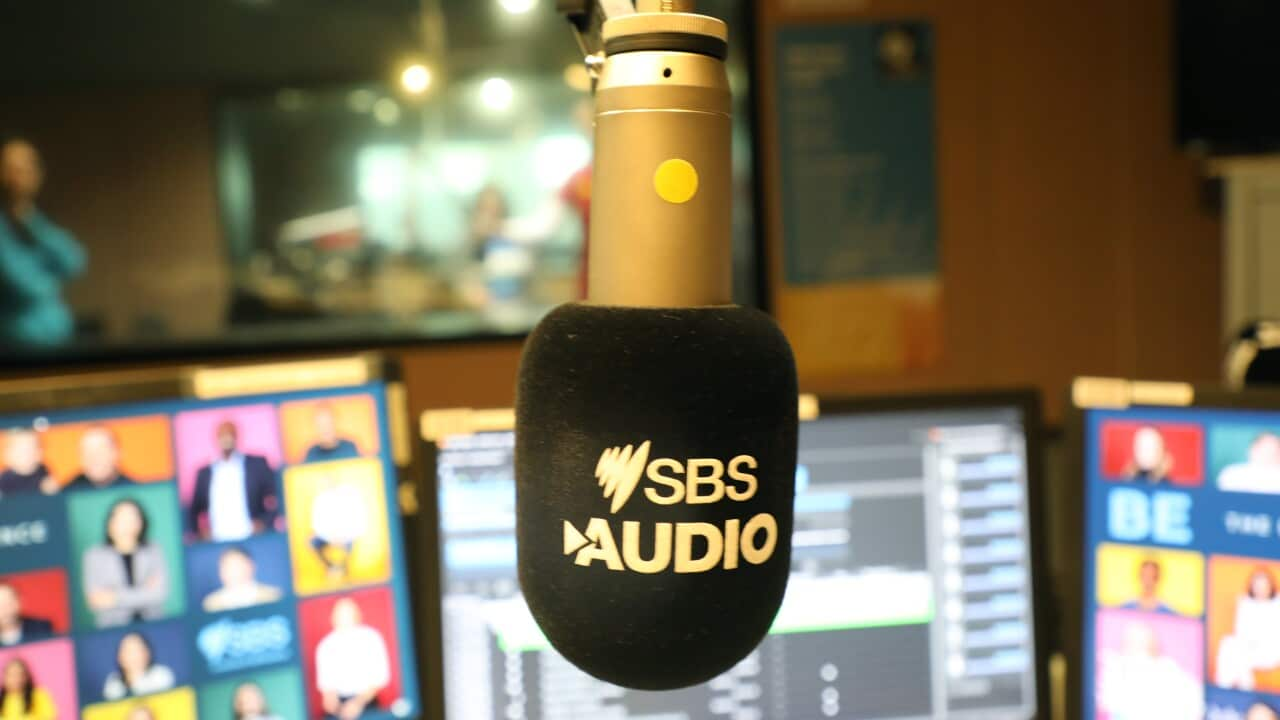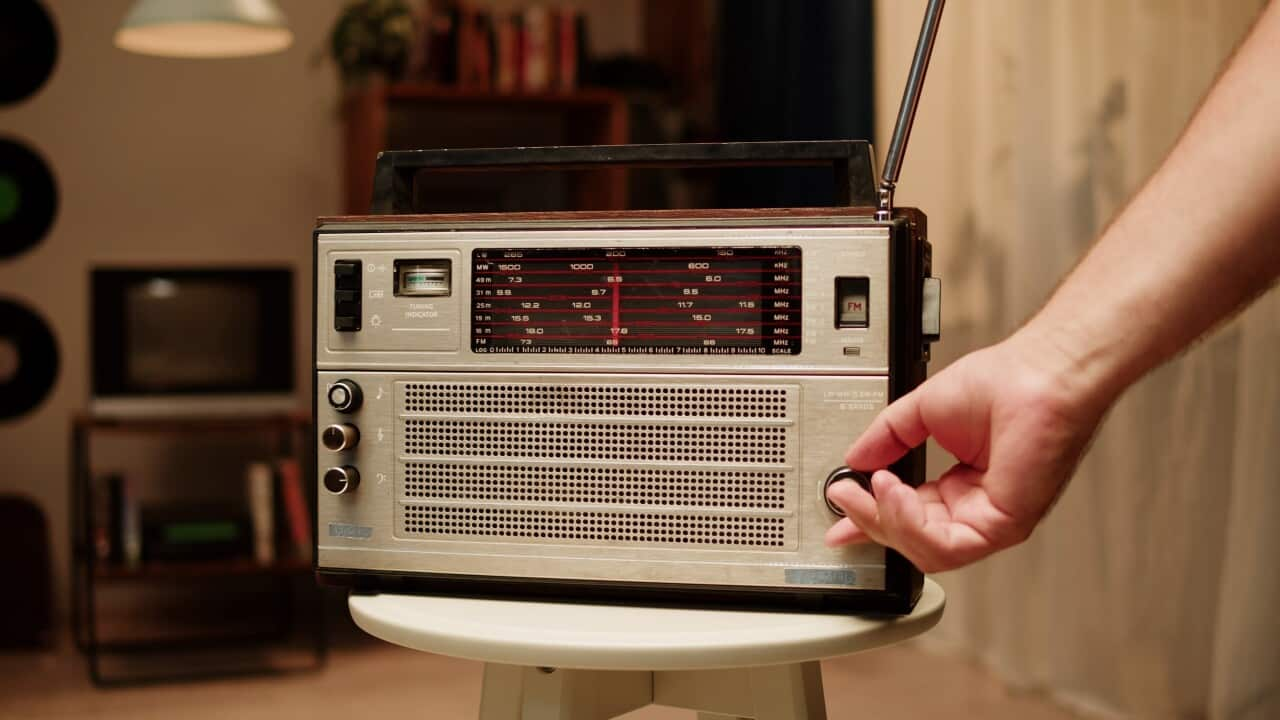From a business perspective, the co-founder of Virgin Group said the brutal war against drugs was ineffective, and thus requires a fresher approach.
"The war on drugs has been going one now for nearly 60 years. As an entrepreneur and a businessman, if something had failed abysmally, we would have closed it down 59 years ago," he declares.
Branson is talking about the hardline stance of many governments around the world against drugs, and even prohibition of alcohol, when many have been killed in pursuit of users labelled as criminals.
Through his highly successful Virgin record until being bought out by Universal Music Group in 20111, Branson gave voice to many aspiring musicians who became household names the likes of Boy George, Ben Harper and many more.
Now he is lending his own voice to fight the global war on drugs.
Branson says the war on drug is an abject failure causing, "untold misery around the world. People have been executed. People have been locked out. People who have drug problems, instead of being helped, they have been thrown into prison. They died from their drug problems."
Branson, who lost a son in drugs, is part of Global Commission on Drug Policy which advocates for the decriminalisation of drug and treatments of drug addicts as victims rather than criminals.
Dr Khalid Tinasti is its Executive Secretary. He says any solution on illegal drug use should consider the health of the user, this means, "harm reduction treatment prevention; access to essential medicine" which he says is not a problem in Australia, "but it is for seventy-five percent of the world."
He adds, "to focus on real organised crime and stop on harassing the low-level actors in the market that depend on it for their lives."
Tinasti has also asked governments "to take responsibilities to regulate as much as they do for any other dangerous risky behaviour or goods".
The Commission wants to follow the model of Portugal which decriminalised the use, posessiom and acquisition of small quantities of all illicit drugs. They enacted a system-wide overhaul of the social structure around drug use, including reforms on education, health and legal system
In Portugal, Branson says, "if you take heroin, you will not be criminalised, and the state is here to help you. You can come and inject safely and be supervised."
Dr Marianne Jauncey is the Medical Director of the Uniting Medically Supervised Injecting Centre in Kings Cross Sydney, which is one of a kind in Australia .
She admits that Portugal model is more humane and evidenced based which treats drug use as a health and social issue rather than a criminal one.
The Portugal model is also the reformed policy being copied by Fair Treatment, a campaign pushed by Jauncey to address the service inadequacies provided by authorities to the people who need it most, based on the success of its injecting room.
Jauncey says "not only are we able to stop them from dying. Nearly 1 and a half million visit and 8,000 overdoses and not one death."
Branson is calling on ordinary citizens to pressure politicians to treat the drug problem as a social not criminal issue.
He says, "if the government regulate and tax marijuana as a starter like what they are doing in American now, the amount of money raised would not only pay for clinics all over Australia but will have plenty of money left over for education, health and other things.
And Jauncey says the money can be used to fund more beds, "half of the people in this country trying to get into treatment -- they can't; they can't because there's not a space available; they can't because there's no bed available; they have to ring up everyday for a series of weeks when they finally get into a detox bed then then they leave again before they can get into rehab bed.
"We are trying people to get into medicine, into pharmacotherapists and a there's a waiting list for that too."




